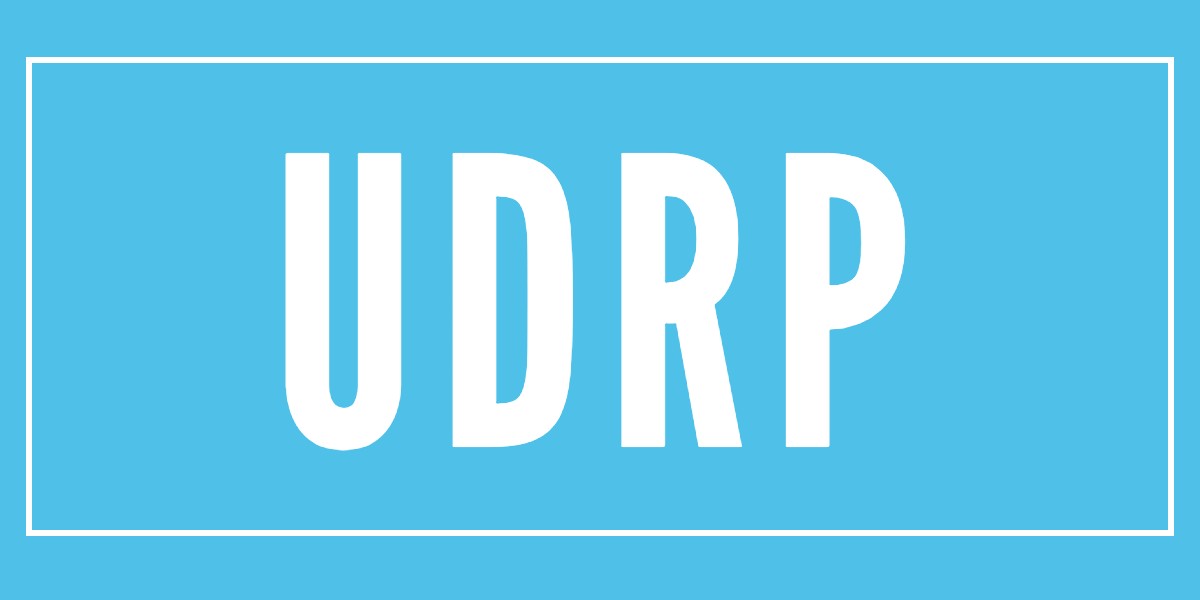I struggle to see how this qualifies as cybersquatting under UDRP.

A beauty products company in France called Robertet SA has won a UDRP against a man in Texas who registered the domain name Robertets.com. The case troubles me.
The man who registered the domain is Robert Emshoff. Right away, that should set off alarm bells that this person probably registered the domain because of his name.
But he didn’t respond to the UDRP. (I’ve reached out to him to ask why. I talk to domain owners who tell me they didn’t receive the notice, didn’t understand what it was, didn’t have the time to respond, or decided it wasn’t worth hiring a lawyer to figure it out.)
Understandably, UDRP panelists defer to a Complainant’s accusations when there’s no response. But I still question the decision in this case.
On the issue of Rights or Legitimate Interests in the domain, panelist Mihaela Maravela wrote:
…Also, there is no evidence that the Respondent is commonly known by the disputed domain name. The Panel notes that the Respondent’s first name appears to be Robert, but the Respondent failed to respond and to provide any evidence that might support a finding that he was commonly known by the disputed domain name at the registration date. See section 2.3 of the WIPO Overview 3.0.
By not replying to the Complainant’s contentions, the Respondent has failed to invoke any circumstances which could demonstrate any rights or legitimate interests in the disputed domain name.
I can think of many reasons there is likely a legitimate interest. A domain that starts with the registrant’s first name and the first initial of the last name is a good sign of a legitimate interest. Maybe he registered it for a family website. The person appears to be an accountant, so maybe it’s for future use as Robert E Tax Services.
I don’t know for sure, and I realize the panelist can’t know for sure, either. But without further evidence of bad faith, doesn’t it strain credulity that this person in Texas is trying to cybersquat on a company in France that makes raw materials for beauty products?
It gets more complicated because the domain hasn’t been put to use, at least for a website. So how did Robertet SA show “bad faith” for this domain registered last year that’s really similar to the registrant’s name?
Here’s what Maravela writes about finding bad faith:
The Panel takes into account, in particular the fact that the Respondent has provided no evidence of actual or contemplated good-faith use of the disputed domain name, having failed to respond to the Complaint, the Respondent’s use of a privacy service, and the distinctiveness of the Complainant’s trademark. Moreover, given that the Respondent has registered the disputed domain name with a misspelling of the Complainant’s trademarks (“typosquatting”), an intention of the Respondent to attract Internet users and consumers for commercial gain by creating a likelihood of confusion with the Complainant and its business can be inferred.
Let’s break this down.
- Didn’t respond to the complaint. This is definitely a strike against the domain owner.
- Used a whois privacy service. Oh, c’mon! UDRP panelists are still mentioning this? When this domain was registered last year, GoDaddy had already started redacting Whois information. But they still try to scare customers into paying more for a privacy service on security grounds. Either way, this is a bad reason to find bad faith in a UDRP filed in 2021.
- The distinctiveness of Complainant’s trademarks. Eh, maybe if you’re in the beauty products business. Not some guy in Texas.
- It’s typosquatting. I struggle to figure out who this domain is considered typosquatting.
- An intention of the Respondent to attract Internet users and consumers for commercial gain by creating a likelihood of confusion with the Complainant and its business can be inferred. Can someone show me how the domain owner is gaining commercially by owning this domain?
Note that the Complainant didn’t show that the domain owner used the domain for pay-per-click parking, or that he has a history of cybersquatting.
At the end of the day, a panelist should ask if themself if it’s a clear-cut case of cybersquatting. Here you have someone who registered a domain that’s awfully similar to his name, pointed it to Microsoft’s servers, including setting up an MX record for email, and doesn’t appear to be using the domain in bad faith. He registered it just six months before the UDRP was filed.
This doesn’t strike me as a clear-cut case of cybersquatting.
[Update: In the comments below, John Berryhill notes that this domain does indeed stand for Robert E Tax Services. So the UDRP process just took a legitimate domain name registration away from its owner.]Post link: This UDRP troubles me
© DomainNameWire.com 2021. This is copyrighted content. Domain Name Wire full-text RSS feeds are made available for personal use only, and may not be published on any site without permission. If you see this message on a website, contact editor (at) domainnamewire.com. Latest domain news at DNW.com: Domain Name Wire.
Related posts:
Go to Source
Author: Andrew Allemann




